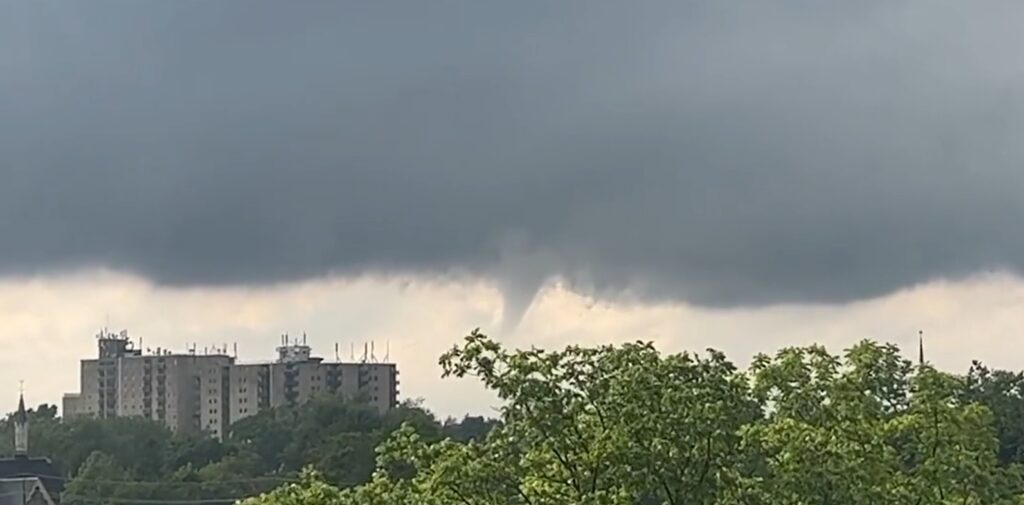
Introduction
In recent weeks, Ontario has experienced a series of severe weather events, including tornados, which have raised concerns among residents and authorities alike. Understanding the frequency, causes, and impacts of these phenomena is crucial for communities in preparation and response to future occurrences.
The Recent Tornado Events
On September 12, 2023, a tornado struck the small community of Iroquois Falls in Northern Ontario, causing significant damage to properties and infrastructure. According to Environment Canada, a confirmed EF2 tornado with wind speeds reaching up to 180 km/h tore through the area, uprooting trees and damaging homes and businesses.
Additionally, meteorological reports indicate that this was not an isolated event. Ontario has seen an increase in tornadic activity this year, with at least four other tornadoes confirmed across the province. Notable occurrences include a tornado in the southwestern region of Ontario that touched down on August 30, causing chaos during the peak summer season. The increased frequency of severe weather has prompted discussions regarding climate change and its role in changing weather patterns.
Emergency Response and Community Impact
The response from local governments and emergency services in the wake of these tornadoes has been commendable. Many communities quickly mobilized to assist affected individuals, providing shelter, food, and medical assistance. Over 200 homes were reported damaged in Iroquois Falls alone, prompting local charities and organizations to initiate relief efforts.
The Ontario government also announced plans to conduct a thorough assessment of the damages, and financial assistance programs to help those affected rebuild their lives. A community meeting is scheduled for September 20, where residents can voice their concerns and learn more about available resources.
Preparing for Future Tornados
While the recent tornadoes serve as a stark reminder of the volatility of weather patterns, they also highlight the importance of disaster preparedness. Authorities recommend that residents stay informed through credible sources, maintain an emergency kit, and develop a family action plan for severe weather scenarios. Educational programs are being implemented to equip community members with the necessary skills to respond effectively during such emergencies.
Conclusion
Tornados in Ontario are a reminder of nature’s unpredictability and can have profound effects on communities. The rising trend of these severe weather events necessitates proactive measures for public safety and resilience. As the province grapples with the aftermath of the recent tornadoes, it is crucial for individuals to engage with local preparedness initiatives and remain vigilant in their response strategies, ensuring a collective effort towards mitigating the impacts of future tornadoes.



